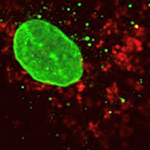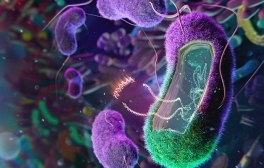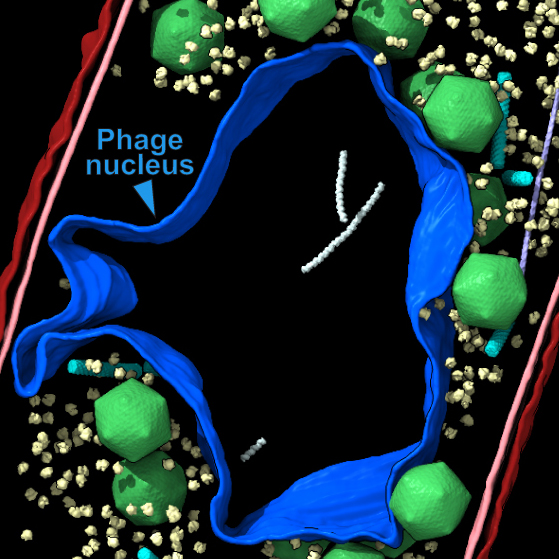Mitochondrial DNA Mutations Linked to Heart Disease Risk
UC San Diego and Salk Institute researchers report a surprising link between mitochondria, inflammation and gene mutations that may increase risk of atherosclerosis.
UC San Diego and Salk Institute researchers report a surprising link between mitochondria, inflammation and gene mutations that may increase risk of atherosclerosis.

UC San Diego researchers report using native bacteria in mice as the chassis for delivering transgenes capable of inducing persistent and potentially even curative therapeutic changes in the gut and reversing disease pathologies.

From deep sea to deep space, research awards this year provide a window into the tremendous scope of discovery conducted by UC San Diego researchers. In fiscal year 2022, the university earned $1.64 billion in research funding, up from $1.54 billion the previous year—a more than 6 percent increase.

New UC San Diego Rady School of Management study is first to track smoking behavior at the individual level during the pandemic.

It was a typical morning for Mike West, one that usually started with a quick shave before getting ready for work. However, this specific morning, he felt something unusual: a small, but hard lump just under his skin on his throat. West decided to call his doctor’s office.

Scientists are using new technologies to obtain unprecedented looks inside viruses and their unique abilities to infect and destroy bacteria. Using cryo-EM and other technologies, they found that jumbo phage cells feature a compartment that is surprisingly similar to the nucleus of human cells.

Keep up with all the latest from UC San Diego. Subscribe to the newsletter today.
You have been successfully subscribed to the UC San Diego Today Newsletter.